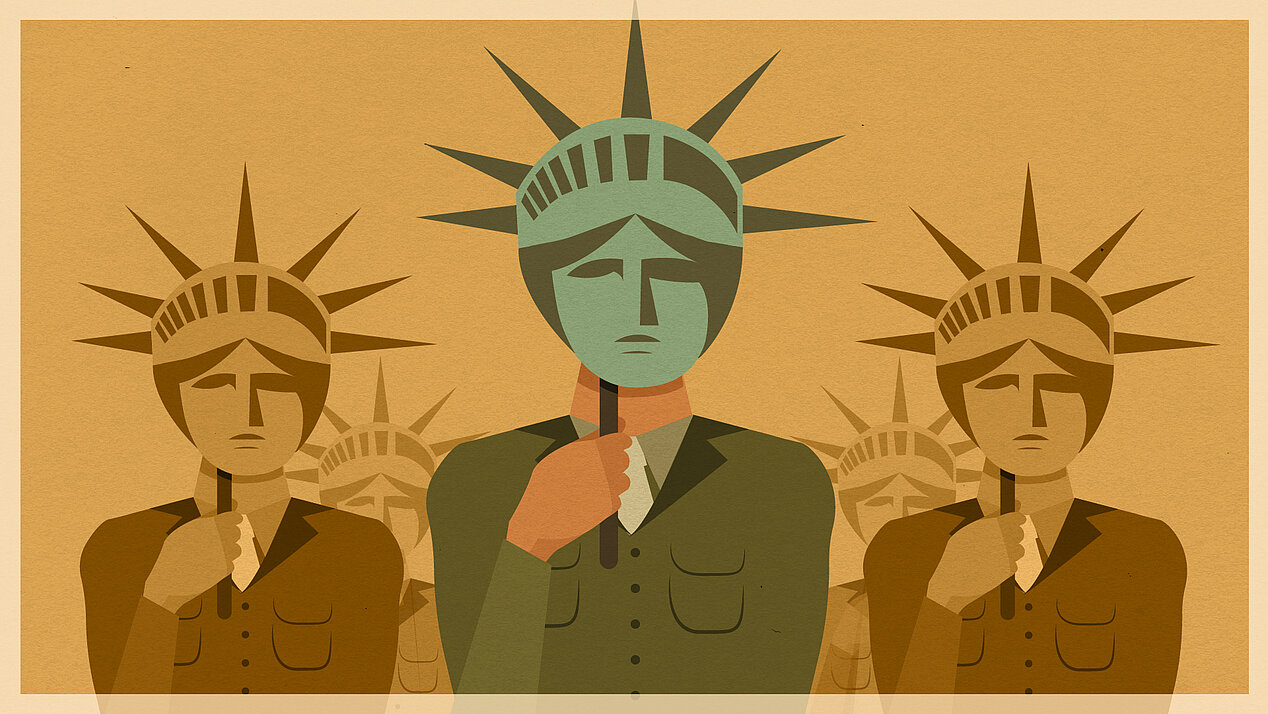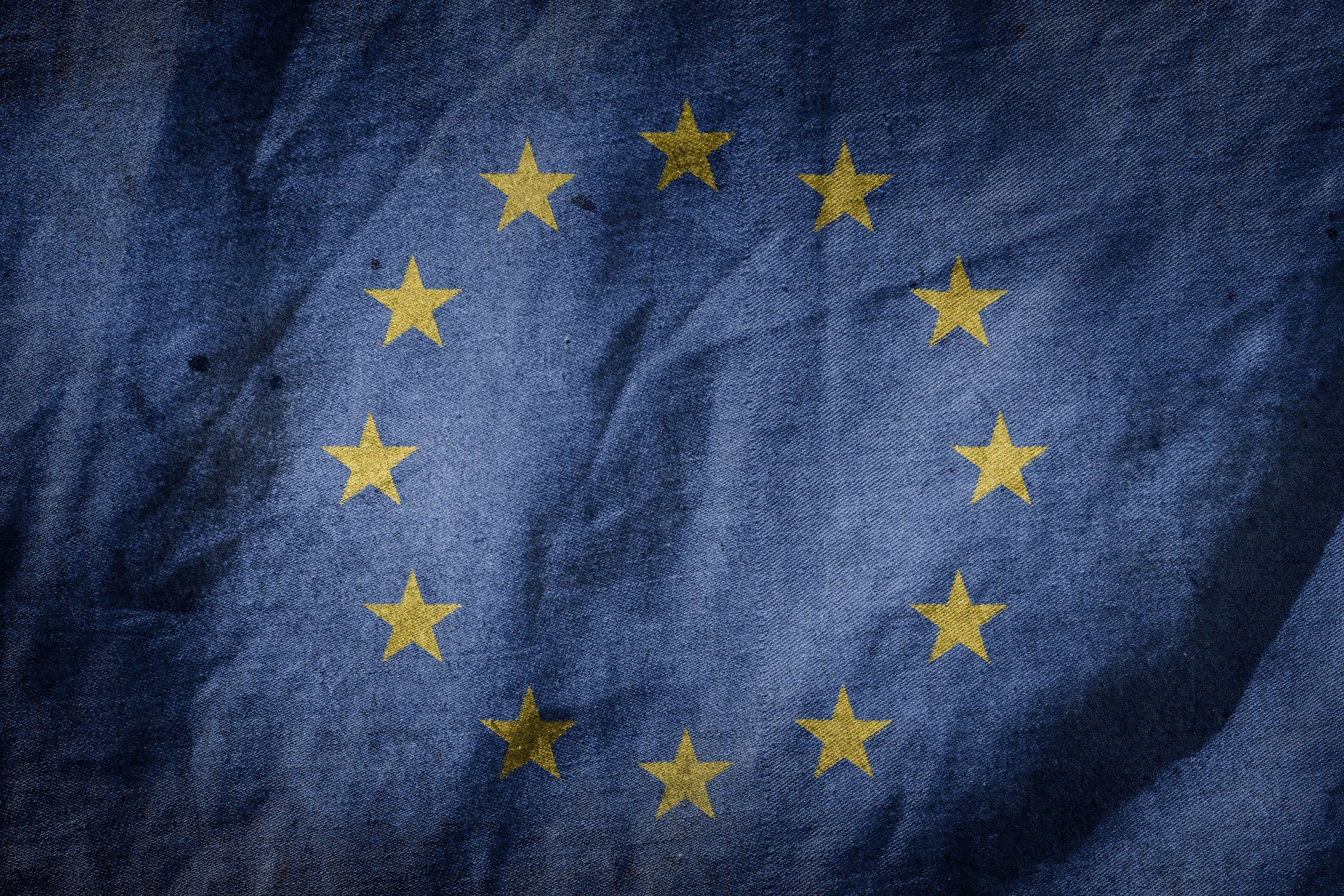Countries with the capability to interfere in another country’s destiny do so out of self-interest. This can be assumed from the onset, even more so for democratic countries. Democratic leaders simply cannot get elected by favouring the wellbeing of foreigners over nationals or foreign countries over their own. Every country on this planet thus has a self-interested foreign policy, seeking to achieve national objectives. The difference is that most countries do not have the means to actually pursue their foreign policy objectives vigorously. They lack the economic and military capabilities to do so. The US continues to be the country most able to pursue its national interests internationally, even if this power is currently being disputed by China. The EU has not committed to stocking up its economic and military power to such an extent that it can pursue any foreign policy goals independently.
As the most recent Afghan crisis has once more demonstrated, left to itself, the EU is not even able to hold an airport. To this day, the US spends more on its military than any other country on the planet, some $778 billion in 2020, which is more than China, Russia, India, the UK, Saudi Arabia, Germany, France, Japan, South Korea, Italy, and Australia combined. The EU lacks the technology, human resources, and financial commitment to ever catch up with the foreign policy capability of the US. The US and, by extension the EU, have no real interest in exporting true democracy.
Most countries do not have the means to actually pursue their foreign policy objectives vigorously. They lack the economic and military capabilities to do so.
True democracy means ‘rule by the people’ and, in its original, Greek, definition, it meant rule by average people, as opposed to rule by the smart, gifted, or the rich, as in an aristocracy, oligarchy, or plutocracy. Democracy emerged, in Europe and the United States, out of local democratic practices and proto-democratic institutions. In Europe, it was the North Italian city states that became the seeds for democratic nation states. In the US, it was the Puritan settlers and their rich associative life that bred the American democracy. In France, democracy advanced by getting rid of an abusive, non-tax-paying, lazy aristocracy. In Britain democratisation meant fighting back against the power of the king, supported by a powerseeking aristocracy. Everywhere in continental Europe, democratisation meant standing up against a Roman Catholic church that suppressed knowledge.
All these are particular histories, highly contextualised and contingent on the specific historical circumstances under which they occurred. Without a Catholic Church, secularism loses its importance. Without an abusive aristocracy, the importance of the bourgeoisie for democratisation is greatly diminished. Had the British aristocracy not sided with the emerging bourgeoisie, it would have not retained the kind of power and political influence it wields today. None of these particular experiences can be exported or transplanted.







